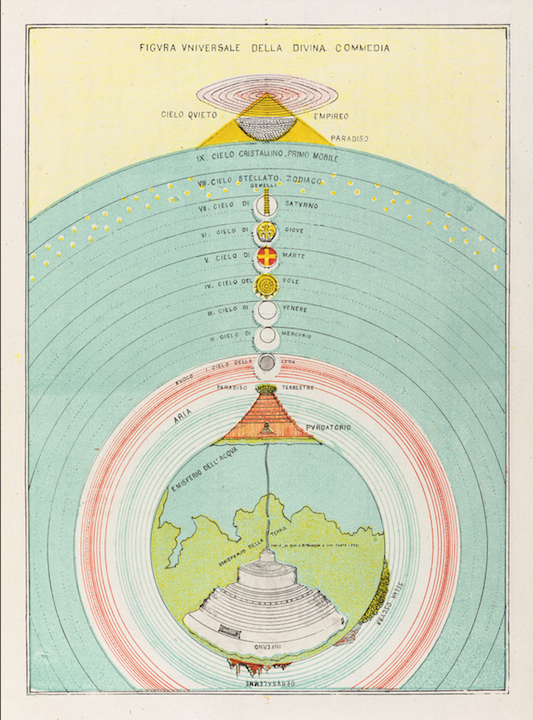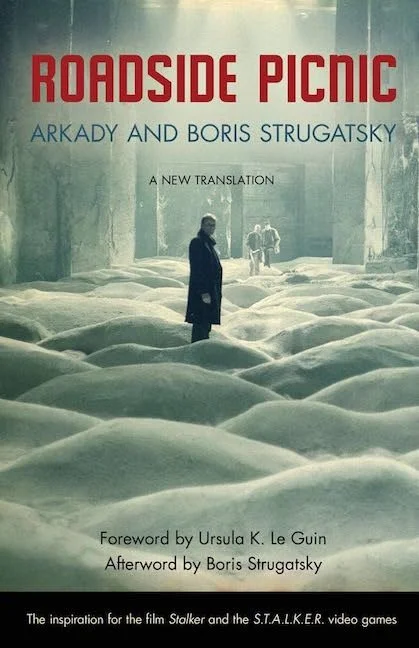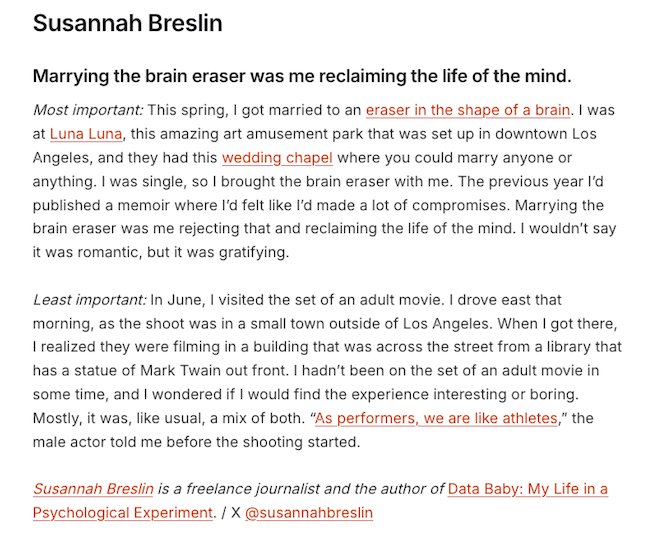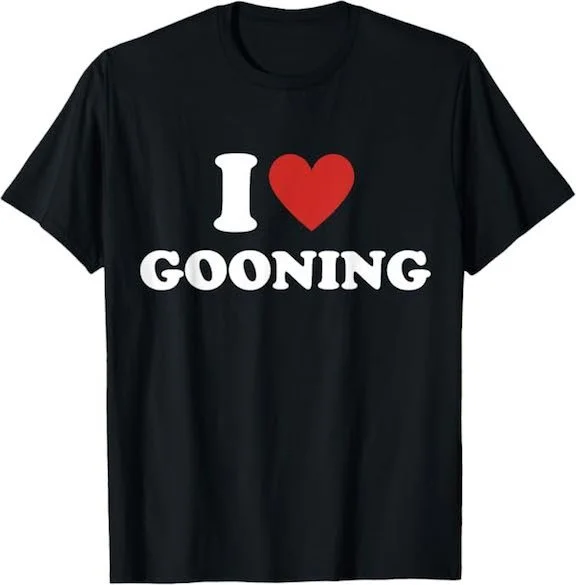Filtering by Tag: WEIRD
What I'm Watching: Santa Sangre
V158
I Got Grokked
Grokipedia: Susannah Breslin
About I My Book | Consulting I X I Instagram I LinkedIn I Email
Tarkovsky's Mirror at The Egyptian Theater
My 2026 Journal: Day 7
Today, I am considering Michelangelo Caetani’s Maps of the Divina Commedia as preparation for writing more about the adult movie industry this year and am currently trying to identify my current location on this map.
About I My Book | Consulting I X I Instagram I LinkedIn I Email
A Dumpster Fire
Books I Read: Roadside Picnic
Roadside Picnic by Arkady and Boris Strugatsky is a curious book. There is a monkey child, a zone where terrible things happen, a “stalker” who is hunting for … what? Money? Hope? Dreams? This book was the inspiration for Stalker, which you should watch if you haven’t. But truth be told: The book is better.
About I My Book | Consulting I X I Instagram I LinkedIn I Email
2025 Is Coming Soon
“This spring, I got married to an eraser in the shape of a brain.” That was from 2024. Stay tuned for 2025.
About | Consulting I My Book I X I Instagram I LinkedIn I Email
Strange Girls
Goons
The Other Uncanny Valley
“‘It’s a phantom-limb penis syndrome,’ said a tall, British man who goes by the name Adam Sutra. Adam is the CEO of CamasutraVR, a company that makes, among other products, virtual-reality pornography. He was trying to explain to me what it’s like when you’re a man, you’re immersed in virtual reality, and you look down at yourself.” — from “Porn’s Uncanny Valley,” The Atlantic, 2018
Why He Photographs Fog
About | Consulting I Email
L.A. Art Triptych
Art in L.A., recently: Luis Jiménez, Robert Crumb, Mark Ryden. For more of my photos, follow me on Instagram.
About | Consulting I My Book I Newsletter I X I Instagram I LinkedIn I Email
Mirror in the Bathroom
“People think The English Beat’s ‘Mirror in the Bathroom’ is about doing cocaine off a mirror, but it’s not.”
About I My Book I Newsletter I X I Instagram I LinkedIn I Consulting I Email
What I'm Listening to: Automatic's "mq9"
About I My Book I Newsletter I X I Instagram I LinkedIn I Consulting I Email
What I'm (Looking Forward to) Watching: The Bride!
About I My Book I Newsletter I X I Instagram I LinkedIn I Consulting I Email
Four Minute Mile
I got myself a copy of Jim Camp’s latest limited edition photozine: Four Minute Mile. I love it. Get yours here.
About I My Book I Newsletter I X I Instagram I LinkedIn I Consulting I Email
Weapons
I really liked Weapons. A terrific script structure, weirdly realistic and awkward dialogue, a major case of the spooks, a mind-blowing performance by Amy Madigan as the totally terrifying Aunt Gladys, and a lot of dynamic film-making. The third act got a little wobbly a few times, but all in all if you liked Barbarian, as I did, you’ll really love Weapons. The best thing about this inventive movie is its nonlinear narrative script, which allows for overlap and interweaving that’s impossible with linearity.
About I My Book I Newsletter I X I Instagram I LinkedIn I Consulting I Email
Entitled
Yesterday I went to see the It Smells Like Girl show at Deitch in Los Angeles. The standout piece of the show was Nadia Lee Cohen’s Entitled. A giant box contains a virtual girl who gyrates, flirts, and appears to track your movements as you move before her. Poke the screen where her body is and she stumbles, drops, and develops bruises. It reminded me of Marina Abramović’s Rhythm 0. Devastating and moving.
About I My Book I Newsletter I X I Instagram I LinkedIn I Consulting I Email














